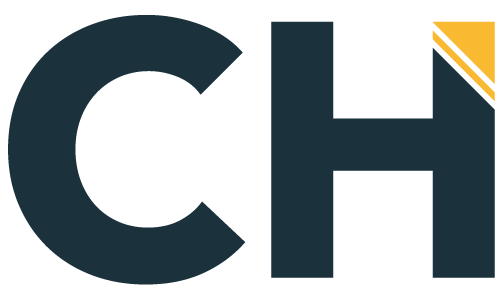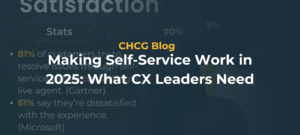You don’t have to have years of marketing experience to know that traditional marketing is, if not dead, at least dying. Billboards, banner ads and coupon mailers are becoming less effective by the minute. Consider: 44 percent of direct mail is never even opened; the average click-through rate of display ads across-the-board is only .06 percent; 54 percent of people won’t click on banner ads because they don’t trust them; and 33 percent of people on the Internet find digital display ads “completely intolerable.”
Content marketing, on the other hand, continues to gain momentum like a Kardashian derriere pic on Instagram. You’ve probably heard, “content is king,” but what does that mean? If you’re a bit fuzzy on it all, consider this your crash course.
According to the Content Marketing Institute, “Basically, content marketing is the art of communicating with your customers and prospects without selling. It is non-interruption marketing. Instead of pitching your products or services, you are delivering information that makes your buyer more intelligent. The essence of this content strategy is the belief that if we, as businesses, deliver consistent, ongoing valuable information to buyers, they ultimately reward us with their business and loyalty.”
Let’s break that down to get a better understanding of content marketing and how it differs from traditional methods.
Non-interruption Marketing
Consider first traditional marketing methods: annoying banner and pop-up ads, commercials during the big game, junk filling our mailboxes and billboards lining the highway. These are all interrupters because they are delivered to us while we are doing something else, like reading, watching football, driving, etc. Conversely, because customers seek out and discover the information provided through content marketing, it is considered a “permissive” marketing technique. Customers have given their permission to be marketed to, and they engage with content marketing when and how they choose. For this reason, content marketing is more appreciated and better-liked by its audience. According to a study by Fleishman Hillard, 89 percent of B2B marketing decision makers turn to search engines to seek out information and make purchasing decisions. Seventy percent of consumers say they’d rather get to know a company through articles, rather than advertisements, and 85 percent of B2B buyers believe that companies should share useful information via social networks.
Consistent, Ongoing, Valuable Information
While traditional advertising usually includes only information about the product it’s selling and how (and why) to buy it, content marketing delivers information intended to educate or entertain customers. In other words, content marketing provides value and therefore earns an audience, whereas traditional marketing is seen by a “rented” audience via channels that attract them (i.e. Super Bowl ads). An earned audience builds trust. According to a study done by Marketing Land, 60 percent of Millennials like to choose the content they see, and 63 percent of Millennials are more trusting of content they find on their own vs. what’s shown to them via advertising.
Buyers ultimately reward us with their business and loyalty
At the end of the day, the goal of content marketing is to become a valued resource for people who will buy what you sell. By building a solid relationship based on providing value over time, you earn customers’ trust, which creates not just customers and repeat customers, but loyal customers who will continue to purchase from you for years to come.
To learn more about creating a content marketing strategy that will drive your business into the future, contact CH Consulting today.




